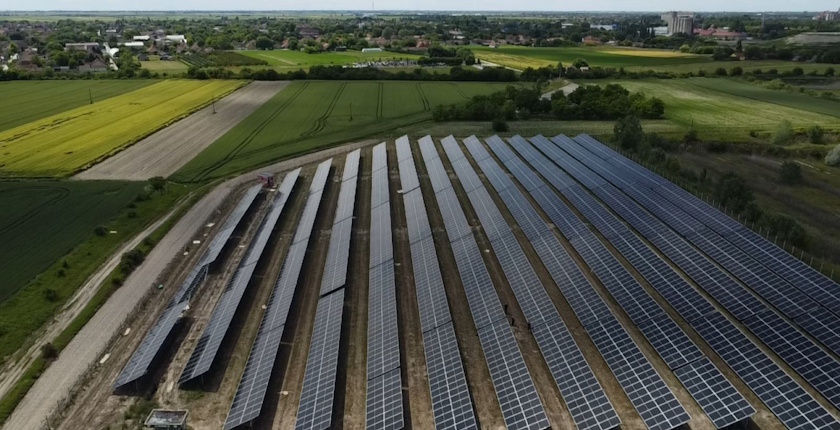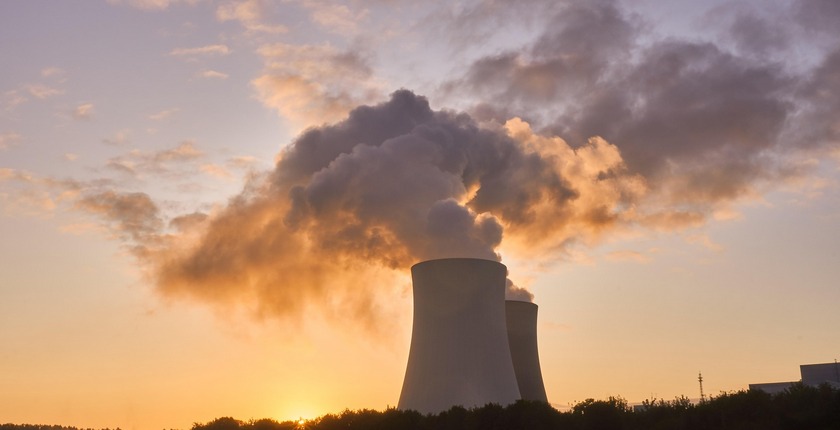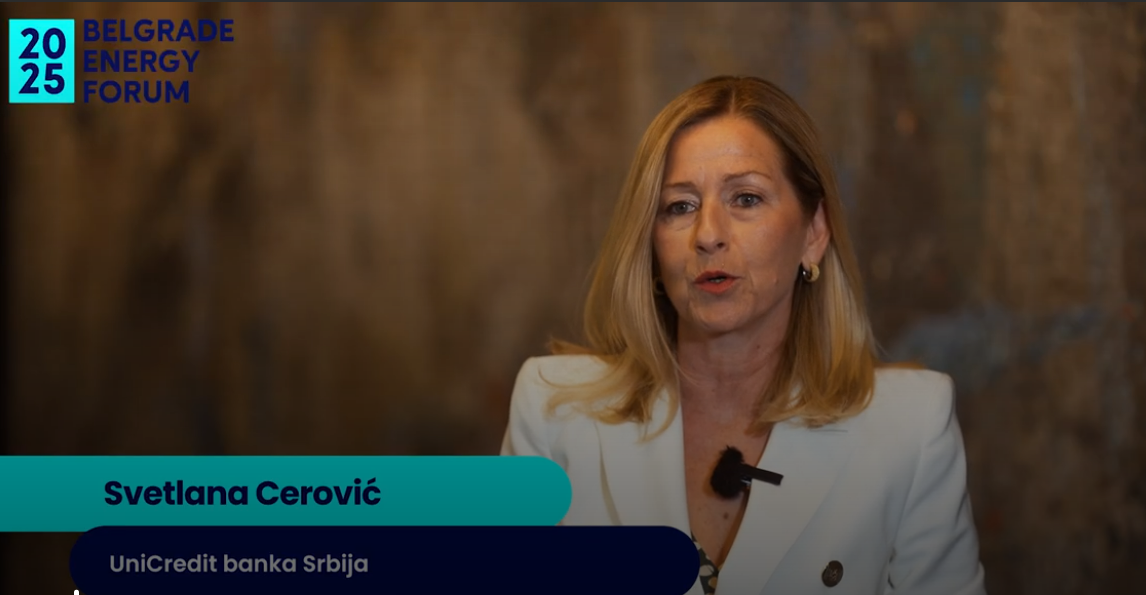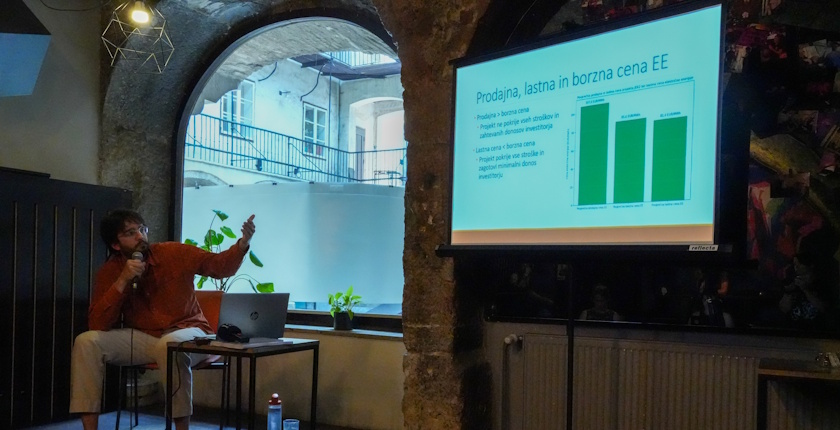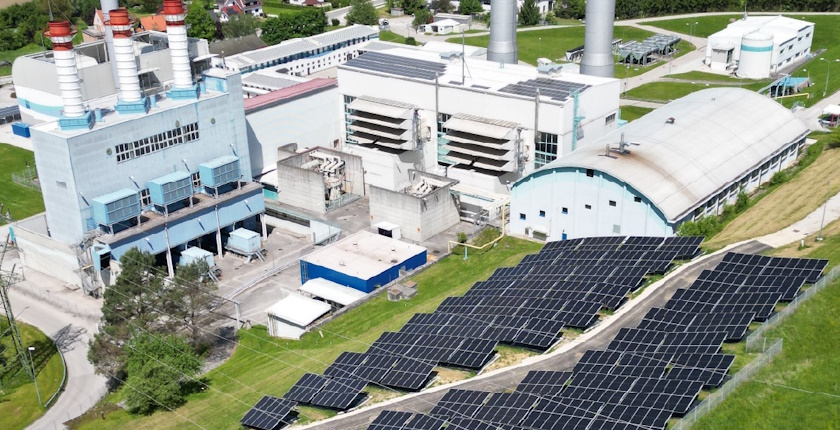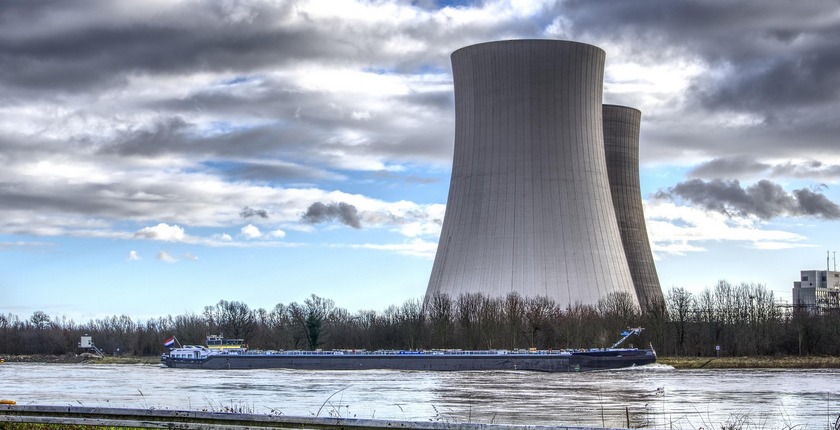
French power prices jump as EDF looks into possible nuclear reactor defect
France’s state-owned power utility Électricité de France (EDF) is investigating apparent corrosion cracks found at a 1.5 GW nuclear reactor in the country’s west, which has been offline for annual maintenance since early April. The potential defect has pushed up electricity prices and raised concerns about energy security.
EDF, which manages France’s nuclear fleet of more than 50 reactors, has said further analysis is needed, while admitting there are indications of a possible defect. The Civaux 2 reactor was shut down for maintenance on April 4 and will now stay offline at least until the end of July, according to Montel.
The Civaux nuclear power plant will remain offline at least until the end of July
The cracks were initially reported as “microcracks,” but Montel’s sources have confirmed that they measure 2–3 mm. The reactor cannot be restarted until EDF replaces the damaged sections.
Front-year contracts rose to a four-month high
The issue prompted a jump in electricity prices in France, with front-year contracts rising EUR 5.20 per MWh to a four-month high of EUR 67.50/MWh, Montel reported. At the same time, Q4 and Q1 2026 contracts rose by over EUR 6. According to Reuters, front-year contracts fell back to EUR 65.80 per MWh in the afternoon.
Reuters also reported that benchmark European front-month gas contracts were 2.3% higher, at EUR 35.58/MWh.
Stress corrosion cracks were the cause of an earlier nuclear power crisis, in 2022-2023, when they were discovered on multiple plants in France. The country’s nuclear power output was at a record low in 2022, Montel recalled.
The shutdown could jeopardize France’s energy security
Some experts have warned that the latest defect could threaten the energy security of France, as well as the European Union (EU) as a whole. France relies heavily on nuclear power, which accounted for over 70% of its electricity output in 2018, the highest percentage in the world.
The news comes amid a global nuclear energy revival, triggered by rising electricity demand. Germany, which shut down its last remaining nuclear power plants in 2023, recently agreed with France not to block new nuclear power technologies within the EU, while the World Bank lifted its 20-year ban on financing nuclear projects.

